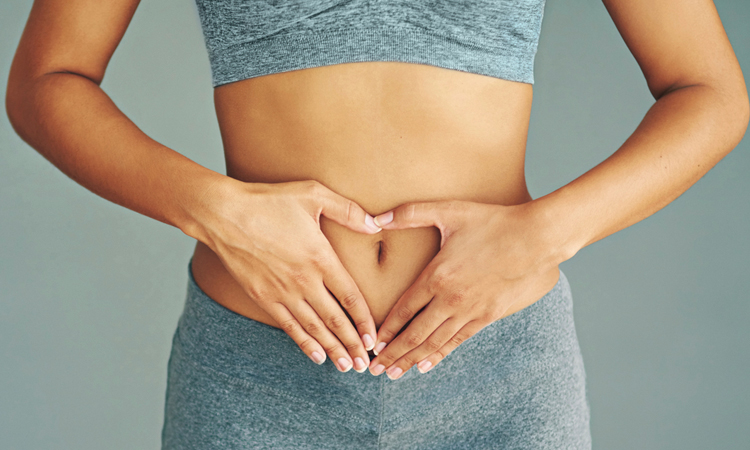“Your gut is the gateway to optimal health. A healthy gut means a healthy body and healthy mind.”
– Rose Caiola
Researchers are now saying gut bacteria is the key to our health. Why is this so? How can looking after our gut boost our health? What’s the connection?
In a normal, healthy body, the ratio of bacteria in the gut is about 85 percent good and neutral bacteria to 15 percent bad bacteria. It is important to maintain this ratio because when bad bacteria become overgrown, they start to crowd out the good bacteria and cause a condition called intestinal permeability, otherwise known as leaky gut.
Essentially, there are holes in the intestinal lining that allow toxins, microbes and undigested food particles to pass through the gut and into the bloodstream. The body’s immune response goes into overdrive trying to fight off all of the foreign invaders entering the body. Eventually, it begins attacking healthy tissue, leading to widespread inflammation, and potentially, a host of different health conditions from skin rashes or unexplained weight gain to autoimmune disease. Therefore, it is critical we remain vigilant in avoiding the things that feed bad bacteria – such as sugar, processed foods and environmental toxins – and work, instead, to bolster the population of good bacteria through healthy eating and supplementation, so we can prevent leaky gut before it starts.
Microbes were once considered to be harmful, however, we’ve since realize they can actually help our bodies. How are they beneficial?
The problem with this theory is that, with the “antibacterial soap” craze and other oversanitation attempts to wipe out bad bacteria – such as salmonella and E Coli – all microbes were linked together and received a blanket bad wrap. The truth, however, is that some bacteria are actually good for us, and they are completely necessary in maintaining our digestion and other physiological functions.
It is estimated that 70 to 80 percent of our immune system is found in our colon, and it is largely regulated by the presence of these beneficial bacteria. Additionally, new scientific research has also illustrated what is known as the gut-brain connection – or the ability of the microbiome to release neurotransmitters, including serotonin – that control everything from mental illness to your body’s ability to deal with stress.
There’s a lot of talk about dirt and its place in our diet and lifestyle to help our health. Why is introducing dirt into our lifestyle beneficial, and what are the best ways of introducing said dirt? For example, some experts swear by eating dirty, unpeeled vegetables, while others recommend regularly digging around gardens.
Now that we know the importance of good bacteria, it’s important to know where these bacteria come from – and that’s the soil. Years ago, our ancestors regularly came in contact with these bacteria as they planted and harvested their own fruits and vegetables, raised their own livestock and generally spent more time outdoors. Also, because they weren’t subjected to constant stress, and they didn’t eat processed foods or use antibacterial soaps and chemical-filled home and personal care products, those bacteria were allowed to thrive. They set up residence in the gut and crowded out any bad bacteria, successfully preventing disease.
These soil-based bacteria (SBOs) are unique because they are designed to withstand the harsh outdoor environment, which means they can also withstand the harsh environment of the digestive tract and actually arrive in the gut intact. Aside from supplementing with soil-based probiotics, which I definitely recommend, the only other way to gain access to these health-boosting organisms is through the dirt. The good news is that you don’t have to actually eat handfuls of soil.
In my book Eat Dirt, I list a few easy suggestions to increase exposure to health-boosting bacteria, such as buying produce at a local farmer’s market and – instead of scrubbing it with a fruit and veggie wash – simply rinsing it with water to keep much of the bacteria on the skin intact.
I also suggest getting a dog. My wife and I walk our dog every morning. Each time I hug and pet her, I am gaining direct access to the bacteria that she picked up on her fur when she was outside. But really, any natural way of getting dirty is beneficial, including gardening or simply walking barefoot outdoors – something that is known as earthing.



